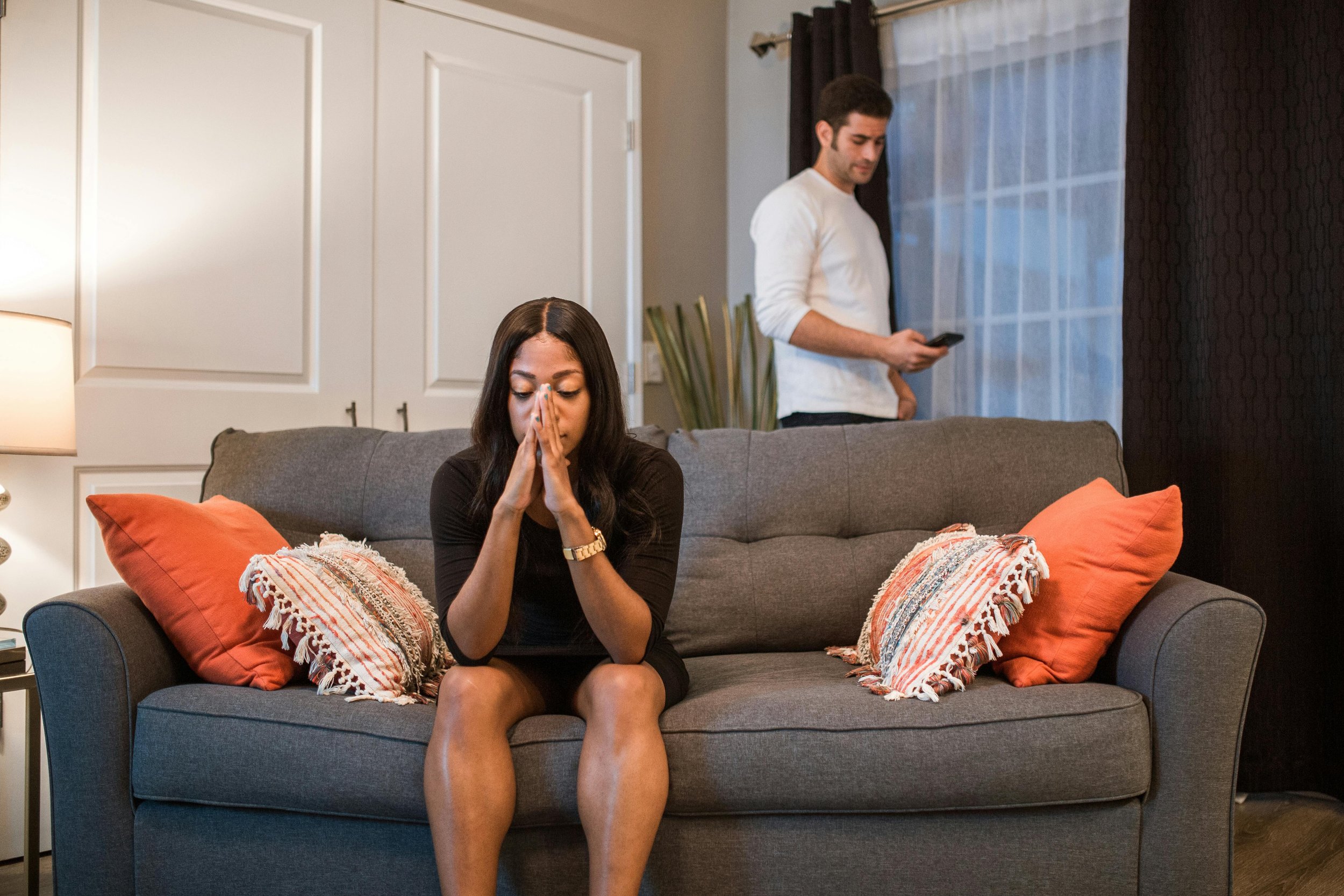
Entropy in Relationships — What is that?
Entropy in relational dynamics can be understood as the gradual breakdown of a relationship over time, especially if there is no effort to maintain or nurture it. Just as physical systems naturally move toward greater disorder, relationships—whether personal or professional—can become more disorganized or dysfunctional unless energy is put into maintaining communication, connection, and mutual understanding

How to have Life-Affirming Conversations
I saw an IG live post from Adrienne Marie Brown talking about “soft spaces” which is more fitting sometimes than the traditional concept of “safe spaces.” Brown emphasizes that a soft space is one where we can be vulnerable, where we can share our true selves without fear of judgment. In our conversations about mental health, creating these soft spaces means fostering a space where people feel they can open up without hesitation. It’s about being genuinely present, listening with empathy, and ensuring that the person feels accepted for who they are.

With the Fall Brings… Cuffing Season
The air is cooling and the leaves are turning that red/russet, golden yellow so is our collective mood toward dating. It’s cuffing season, that time of year when the prospect of cozy nights snuggled up next to someone seems infinitely more appealing than braving the cold solo. But before we all rush into the comforting arms of a new relationship (or situationship), let’s pause and think about what we’re getting into.

Did You Read What You Signed?
Do you read what you sign? Yes, I’m talking about that dense document that you get via email from the office when you are about to start with your therapist. That document that might look like a nightmare to read before your first therapy session? You know, the one filled with office policies, procedures, and an oddly specific cancellation policy. Don’t worry, we’ve all been there, skimming through the pages while nodding like we’re understanding everything when, in fact, we feel like ‘we got this’.

Why Seeing a Therapist Early in your new relationship can Be a Game-Changer
Starting a committed relationship is such an exciting time, full of dreams about the future. Whether you’re a cisgender heterosexual couple or a polyamorous queer triad, building a strong foundation from the beginning can make a huge difference in how your relationship unfolds. One often overlooked tool in this process is therapy. It’s not just for fixing problems but can be incredibly useful when things are going well, too. Let’s dive into how seeking therapy early on can benefit both traditional and non-traditional relationships, and what potential challenges you might face.

How Do You Listen?
I’ve been thinking about what it means to listen. Listening is a form of active engagement which I think is different from hearing. Hearing is physiological. Hearing is a passive and automatic sensory process. If we have the privilege to hear, we don’t control it. Listening is an active and intentional process. It involves paying conscious attention to the sounds we hear, interpreting them, and understanding their meaning. Listening requires focus, cognitive engagement, and often emotional involvement. It's a deliberate action that goes beyond mere auditory perception to include processing and comprehension. We don’t have to have the physiological function to hear in order to listen.
